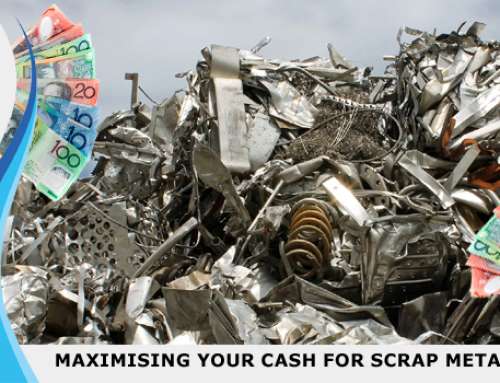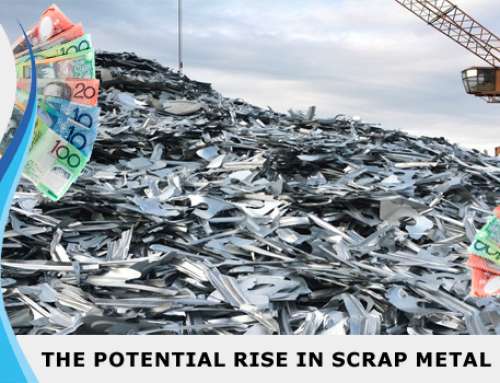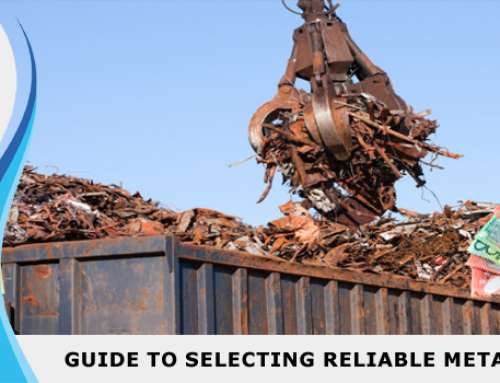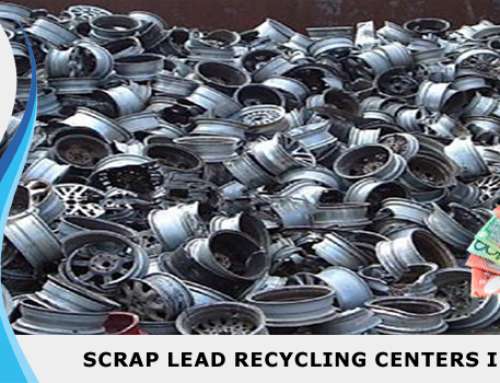If a car is not safe to drive or roadworthy, it can go as a scrap. Scrap vehicle recycling gives the end life of vehicle value to the finish. All recyclable and reusable elements are taken out. There are several benefits to scrap car cash for copper recycling. Owners get cash for their vehicles to the environmental features of reusing components.
Non-ferrous metals are alloys or metals which have no considerable volume of iron in them. Aside from iron, all-natural metals are non-ferrous. Non-ferrous metals are likely more expensive than metallic metals. They also have advantages like lightweight (aluminium), conductivity (copper), and deterioration resistance (zinc). Many of these materials have reduced melting points. They will be unsuitable for high-temperature applications. There are various varieties of non-ferrous metals. Aluminium, copper, lead, nickel, titanium, and zinc, etc are a few. There are rare and valuable non-ferrous metals. For example, gold, silver, platinum, cobalt, mercury, tungsten, and beryllium are a few.
Component of iron in ferrous and non-ferrous metals identifies them. Metallic metals, like cast iron and carbon steel, have high co2 content. They are all prone to rusting. The existence of chromium in metal, so, protects this from corrosion.
Recycling Of Non-Ferrous Metals
Non-ferrous scraps have played an important role in the metallurgy sector. Scrap materials are reused to make brand new metals. Re-smelting and re-casting non-ferrous alloys are examples of this. Some non-ferrous metal sources are particle emissions, copper wires and industrial scrap materials.
Non-ferrous metals are collected for recycling. Then, they are transported to the recycling centre. The process of transforming used metals into new items starts. Non-ferrous metals are usually separated into various categories by kind. They are compressed into huge bales to create shipping and transportation easier. Shearing machines are utilized for reducing huge metallic pieces to a manageable size. Bales of homogeneous non-ferrous metals are melted straight down and cast into ingots. These covert into metallic sheets and used in manufacturing and commercial units.
Types of Non-ferrous Metals
There are many distinct non-ferrous metals. They are metals because, they do not have iron. Non-ferrous Metals have the following features:
- Alloys: Bronze and alloy are non-ferrous metals that have been solid since the Bronze Age. These metals are deterioration resistant and dissolve at lower temperatures than ferrous components. Brass is a copper-zinc combination. Bronze provides copper mixed with aluminium and nickel.
- Zinc: Zinc has been a good alloying component for years. It is used for many for applications. Components galvanized with alloying parts have a higher rust level of resistance. Zinc use is like a white pigment in paints and a heat dissipater in the rubberized industry.
- Lead: Lead is the heaviest metal and has high rust resistance. It will be used for many purposes throughout history, including colour and fuel. Many of its earlier applications are no longer permitted. Batteries, power ranges, and acid storage containers are still created using them.
- Aluminium: Due to its lower weight and simple work, aluminum is essential. A wide variety of products have it. Aluminum’s lightweight makes it perfect for aeronautical, automotive and marine programs in boats. Bike frames, saucepans, and beverage cans are usually made through aluminum.
- Copper: Copper is still used in business. Copper has solid thermal conductivity, electric conductivity, and rust-resistant qualities. Using copper is common in heat exchangers and heating system vessels. Some of its applications are wiring and motors and roofing materials.
To recycle non-ferrous scrap metals, get in touch with cash for scrap metal Adelaide. It is one of best Adelaide’s recycling companies. Sydney’s best steel recycling company. They will give you a selection of metal recycling providers that are the best on the market.





